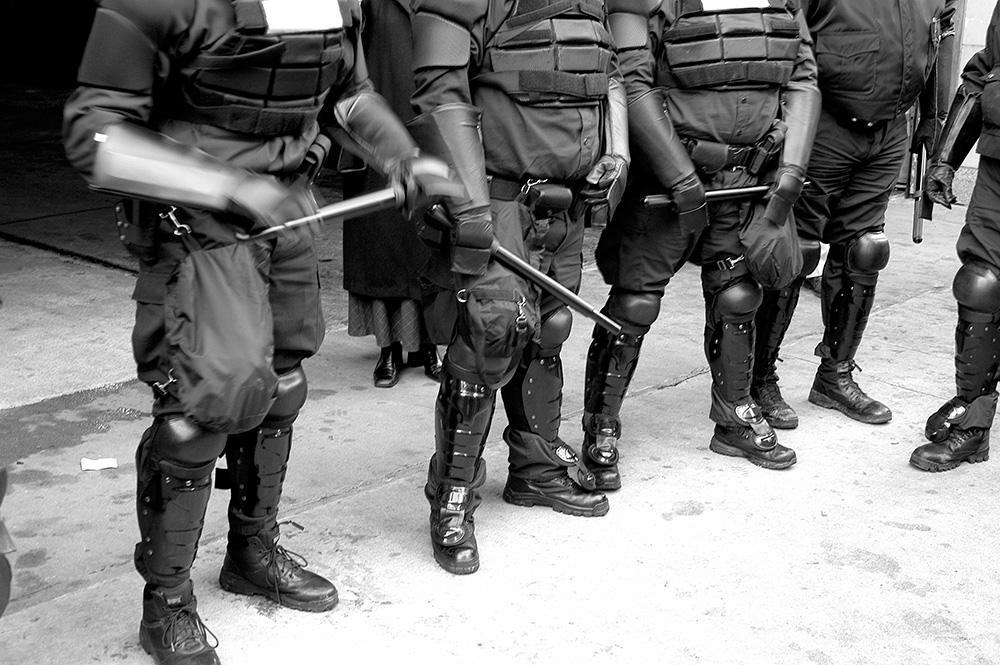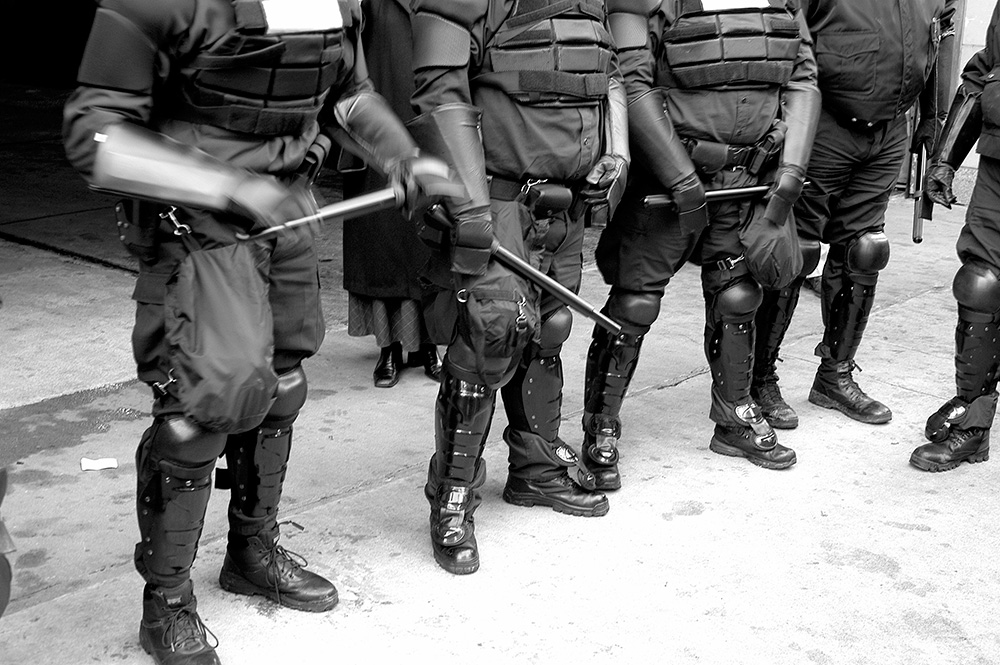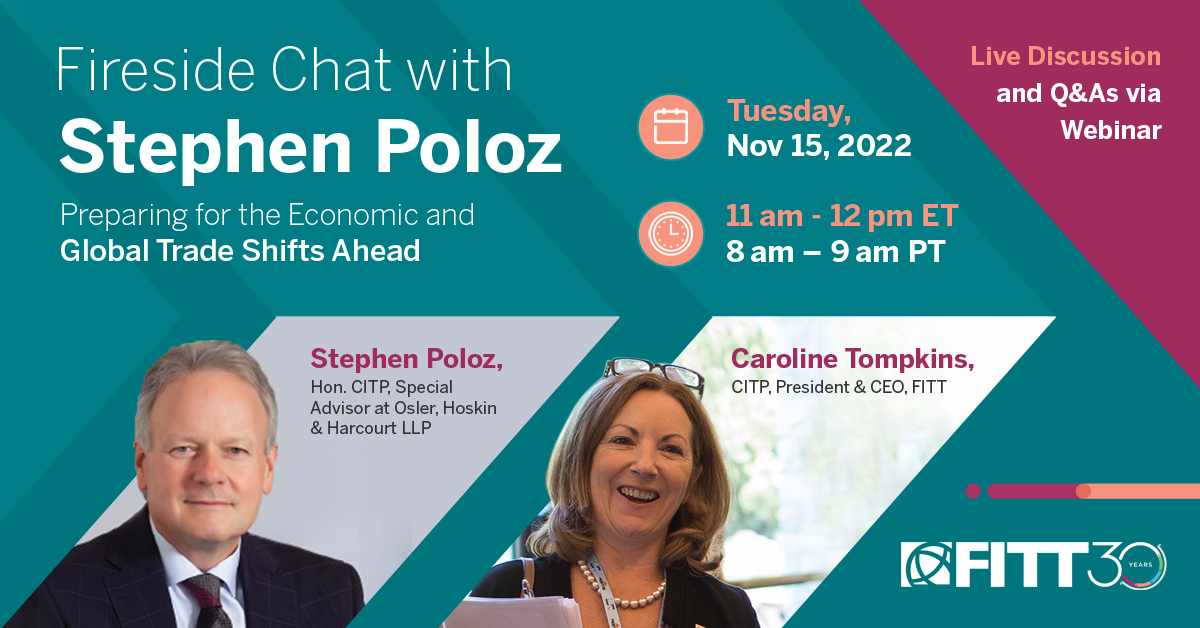 I’ve been reading a lot in the news lately about the different protectionist trade measures countries around the world are taking in the name of safeguarding their local growers, producers and manufacturers.
I’ve been reading a lot in the news lately about the different protectionist trade measures countries around the world are taking in the name of safeguarding their local growers, producers and manufacturers.
I have to wonder though:
Is it really that we’re backsliding toward a protectionist mentality when it comes to international trade, or are these measures being taken simply as acts of political persuasion?
In other words, are our world leaders foregoing long-term economic gains in the name of short-term politics?
Negotiating NAFTA
The United States, for example, is in the news every day as a player in the pursuit of bigger and better global trade deals. There’s the Trans-Atlantic Trade and Investment Partnership (TTIP), which is a proposed free trade agreement with the UK, and the Trans-Pacific Partnership (TPP); a 12-country agreement for which the U.S. has been part of negotiations since 2008.
There’s also the U.S.’s recent technology-related agreement with China, which promises to reduce tariffs on high-tech goods, and a breakthrough agreement with India regarding food stock holdings.
This agreement is ‘clearing the way for passage of the biggest trade deal in the World Trade Organization’s 19-year history,’ reports Bloomberg’s Unni Krishnan.
However, at the same time as the U.S. is negotiating these new trade opportunities, it’s been creating some tension with its older trade partners.
In 2008, the U.S. passed new rules regarding the labelling of meat. Although these rules were updated in 2013, they are still prohibitive for Canadian and Mexican meat exporters, and resulted in a reduction of Canadian meat exports to the U.S. by half, according to the Canadian beef industry.
The World Trade Organization’s (WTO) compliance panel ruled against these meat labelling procedures—referred to as country-of-origin labeling (COOL)—three times, stating that they break trade rules because they treat Mexican and Canadian livestock less favourably than U.S. livestock.
Canada’s Agriculture Minister responded to the situation by threatening its own punitive duties on products such as ketchup and California wine, among 38 other commodities listed.
Mexico and Canada will be permitted to retaliate with duties totalling anywhere from $1-2 billion each year if the U.S. doesn’t bring its COOL regulations into compliance.
What came first, the chicken or the trade?
India has similarly been creating challenges for the U.S. meat and poultry industry ever since it implemented an agricultural ban in 2007 to prevent the spread of avian influenza, or bird flu. The issue is that there hasn’t been a case of this flu in the U.S. since 2005.
The WTO recently ruled that India violated a number of trade rules when it set the ban on American meat, poultry, eggs and live pigs.
Our farmers and producers deserve a level playing field—and this dispute reflects that we will accept nothing less, said U.S. Agriculture Secretary Tom Vilsack to USA Today.
U.S. trade and agriculture officials hope this ruling will give the U.S. a case against other trade barriers they find arbitrary.
“We want all WTO members to abide by the rules that have been established and to avoid using arbitrary, non-scientific claims to prevent competition,” said David Miller, director of research and commodity services for the Iowa Farm Bureau Federation to USA Today.
When global business loses out to geopolitics
The unrest in the Ukraine earlier this year resulted in a number of international governments applying sanctions against individuals and businesses in both Russia and the Ukraine. Although these sanctions don’t have anything to do with governments’ efforts to protect local growers, producers and manufacturers, they do show a prime example of trade being used as a geopolitical tool rather than for economic development.
Russia retaliated to these sanctions by banning agricultural imports from the EU, the U.S., Canada, Norway, and Australia for a year.
These trade barriers are creating heavy losses for agricultural exporters, especially in the EU’s Germany, Poland and the Netherlands—Russia’s biggest trading partners. But the hardships obviously extend further than these three countries.
If there isn’t a sufficient market, prices will go down, and we don’t know if we can cover the costs of production, because it is so expensive, Jose Emilio Bofi, an orange farmer in Spain, told RT.
These trade bans also have negative ramifications for Russia itself, as it now has a $9.5 billion gap to fill in its food market. The country has been looking to Latin America, as well as Kazakhstan and Belarus, to avoid trade with Western nations.
The deer and the hare
I came across a wonderful fable by philosopher Jean-Jacques Rousseau that sums up these types of politics-over-economics situations. It is apparently often used to explain to students of international relations the potential pitfalls of acting individually for small, short-term gains:
A group of hunters go off in search of a deer. They need to work together as a team if they hope to catch one, but a single hunter could successfully capture a hare all by himself. One of the hunters becomes distracted by this opportunity, and does indeed abandon his party to pursue the hare. As a result, the deer escapes.
The individual hunter does catch his hare, but he also misses out on the bigger opportunity to cooperate and catch the deer, which would have brought greater benefits to the entire group.
As in the fable, it can be difficult to sustain cooperation when individual incentives can be realized in the short term by cheating out partners. However, a bit more patience and cooperation can result in greater rewards for all.
What do you think? Are there situations during which trade protectionism is warranted, and what are they?








disqus comments